Jimmy Carter was the only US President to work for NASCAR
30 Dec 2024 8:00 PM
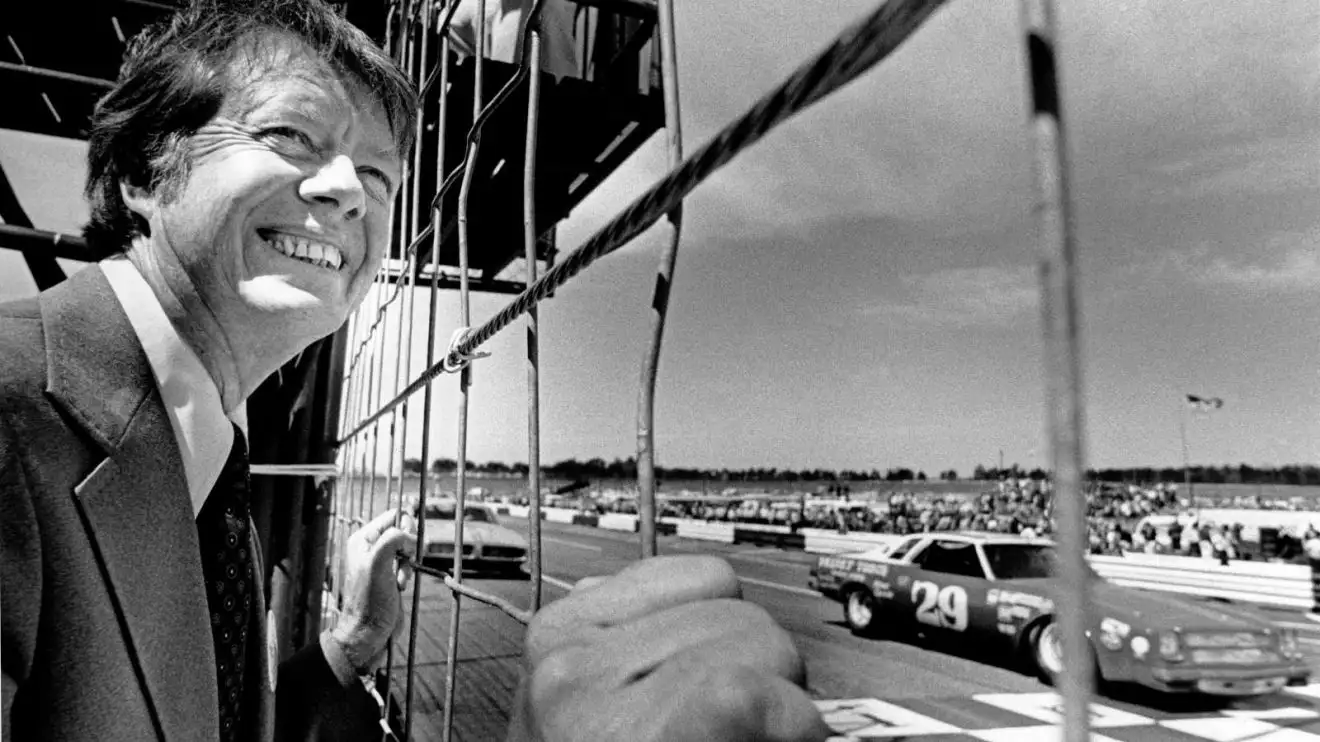
Jimmy Carter campaigns at at a NASCAR stock car race at the Atlanta International Speedway.
Jimmy Carter — the 39th President of the United States of America and a winner of the Nobel Peace Prize — died on Sunday, 29 December, in his home in Georgia. The century he spent on this earth was dedicated to the pursuit of a more equitable society.
But President Carter, a steel-willed Southerner, was also a fan of the NASCAR stock car racing series, and may very well have been the only US President to have been employed by the racing series.
Jimmy Carter: NASCAR ticket seller to US President
Jimmy Carter’s family inhabited the region we now know as Georgia long before there was even a “United States of America” to speak of. He came from a long line of peanut farmers, and he wasn’t afraid to get his own hands dirty working the land.
Growing up in the South, he was no stranger to NASCAR; the stock car racing series was an omnipresent force and an almost unrivaled pastime. It’s no surprise, then, that his ties to the series run deep — so deep, in fact, that he even worked for the series in his youth!
Down in a little town called Hampton, Georgia lies Atlanta Motor Speedway, a 1.54-mile quad-oval track that has been hosting NASCAR events since its gates opened for business in 1960.
In the 1950s, the Carter family traveled around the United States, as Carter’s father was deployed in the Navy. Young Jimmy Carter began pursuing a similar path until his father’s illness saw him return to the family farm. It was around this time, just before he began serving as Georgia state senator, that Carter took up a job selling tickets at Atlanta Motor Speedway.
Dig deeper into NASCAR:
👉 F1 v NASCAR: Top speeds, engines, formats, calendars and safety measures all compared
👉 From F1 to NASCAR: The 10 F1 drivers who made the move to the US
Carter was something of a “dark horse” candidate in almost every race he ran; his beliefs in equality and integration ran counter to the expectations one would normally have of a white man from the South, but it was that asynchrony that saw him carve a political career right into the White House.
While serving as Georgia’s state senator, Carter made a point of hosting campaign events at Atlanta Motor Speedway, and of paying visits whenever possible. In 1976, he won the US Presidency, and two years later, he offered significant legitimacy to the Cup Series when he formally invited many of the sport’s stars to a reception at the White House.
Carter had become friends with many racers during his political career, but when the time came for him to roll out the red carpet for some of racing’s greatest stars, he was nowhere to be found. Instead, he was at the Camp David presidential retreat — where he was busy brokering a peace deal between Israeli Prime Minister Menachem Begin and Egyptian President Anwar Sadat.
Thankfully, First Lady Rosalynn Carter was present at the White House to preside over a dinner table loaded with stars like Cale Yarborough, David Pearson, Benny Parsons, and Bill France Jr. and Sr.
It may have seemed like a small move, but it had huge repercussions. Unfavorable stereotypes about NASCAR abounded even in the late 1970s, and it was easy for naysayers to dismiss the series outright. It wasn’t a real sport, they said; it was just a spectacle for rednecks.
That perception didn’t begin to change publicly until 1979. That year, the Daytona 500 was aired live in its entirety for the first time — and as luck would have it, a major snowstorm swept through the US just in time to keep people confined to their homes with nothing to watch but the big race.
The invitation to the White House preceded that historic race by just a few months — but perhaps it played a role in the decision of some prospective fans to tune in.
In the wake of his death, many have taken a moment to reflect on President Carter’s legacy, the extent of which was perhaps underappreciated during his life and his time in office.
His accomplishments included a broad range of foreign policy initiatives, including the brokering of a peace deal between Israel and Egypt, the normalization of relationships with China, and the treaties that awarded control of the Panama Canal to the country for which it is named.
Carter established the Department of Energy, which oversees the production and use of various forms of power in the United States. He and wife Rosalynn established The Carter Center to monitor the quality of international elections. He dedicated time and money to build homes for disadvantaged families all around the world. On his second day in office, he pardoned all Vietnam War draft dodgers.
But he was a pioneer in so many other ways. In the late 1970s, Carter had solar panels — then a burgeoning form of clean energy. He staunchly opposed racial segregation and was the first president to staff lower federal courts with women and justices of color.
Read next: Why so serious? Four valuable lessons F1 can learn from polarising NASCAR series



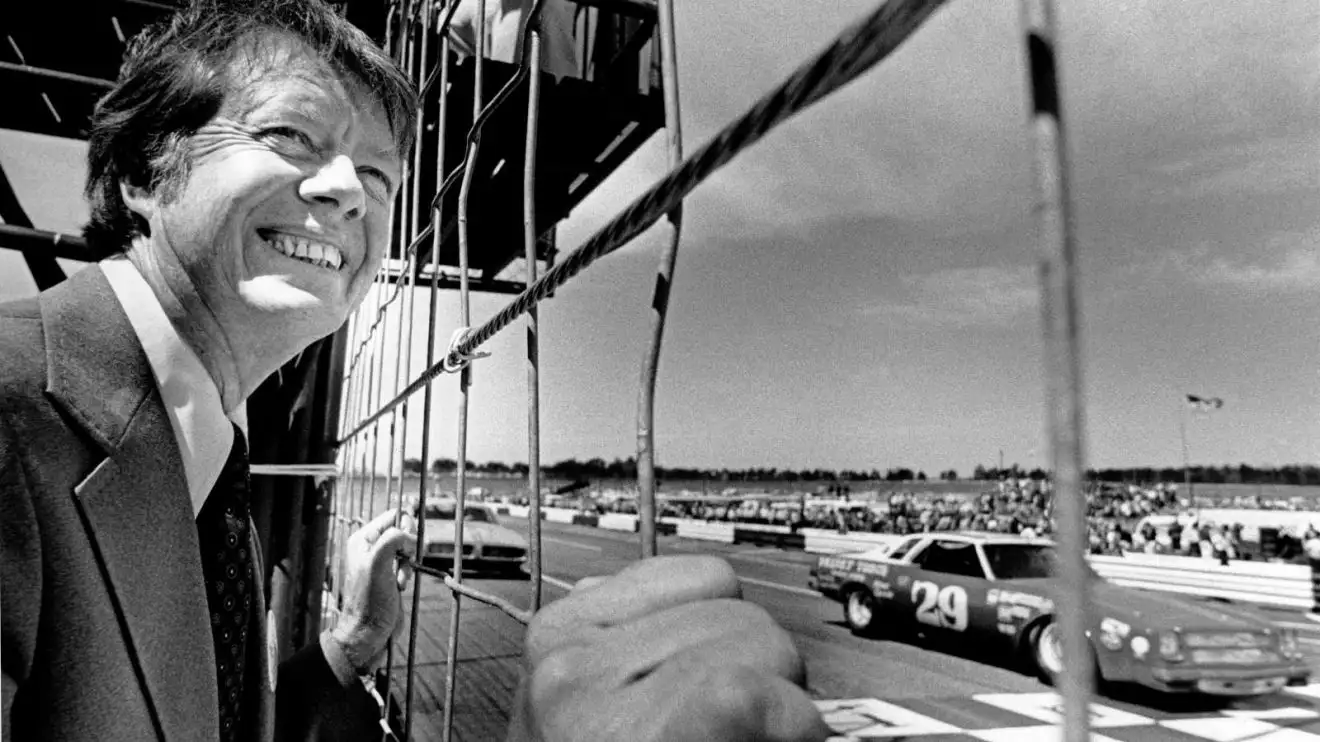
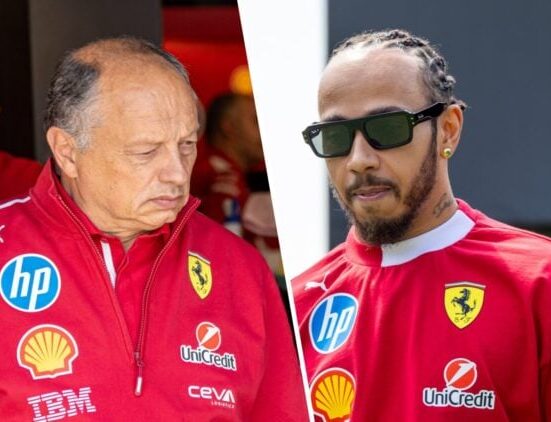
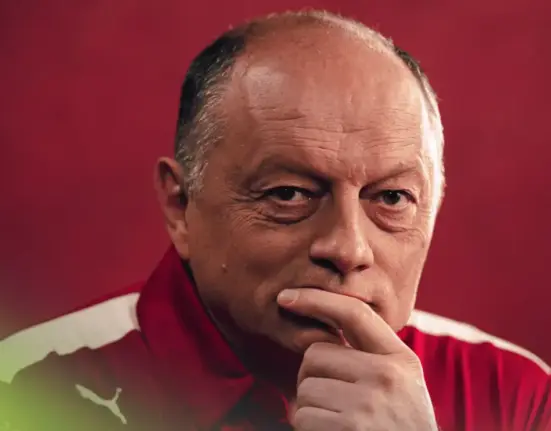

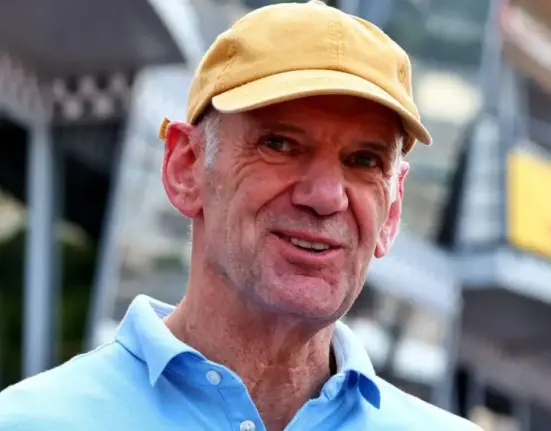


Leave feedback about this